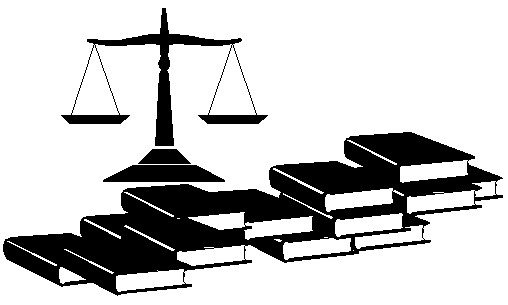

Roscoe Pound
"What Constitutes a Good Legal Education"
".......I should put as the content of a good legal education:
(1) A solid all round cultural training, with a grasp of significant information which such a training involves, but much more with the broadening and deepening of experience and ability to appraise information to which it leads.
(2) A grasp at the ends and technique of the social sciences-this only, for beyond that, what has been taught in their name has been short-lived.
(3) A grasp of the history and a system of common law, of the outline and ends of the legal order, of the theory and ends of the judicial and administrative processes, and of the history, organization, and standards of the legal profession.
(4) A thorough grasp of the organization and content of the authoritative legal materials of the time and place and of the technique of developing and applying them.
If one has these, he has whereon he can build to the exigencies of the many demands of different types of professional activity and of the public need of enlightened judges and wise lawmakers, of law reformers and law teachers, and of legal scholars."
For some years the noted legal educator and jurist Nathan Roscoe Pound (1870-1964) divided his career in two; as a botanist, he discovered the rare lichen Roscopoundia. After 1907, he concentrated on law alone, dean of University of Nebraska Law College and also serving as dean of Harvard Law School from 1916 to 1936. This excerpt is derived from an address he gave to the American Bar Association in 1933.
Quoted from Roscoe Pound,
The causes of popular dissatisfaction with administration of justice. 29A.B.A.R. 395, 397 (1906).
"The most important and most constant cause of dissatisfaction with all
law at all times is to be found in the necessarily mechanical operation of
legal rules. This is one of the penalties of uniformity. Legal history shows
an oscillation between wide judicial discretion on the one hand and
strict confinement of the magistrate by minute and detailed rules upon the
other hand. The law has always ended in a compromise, in the middle
course between wide discretion and over-minute legislation. In reaching
this middle ground, some sacrifices of flexibility of application to
particular cases is inevitable. In consequence, the adjustment of the
relations of man and man according to these rules will of necessity appear
more or less arbitrary and more or less in conflict with the ethical notions
of individuals".
From Roscoe Pound, Interpretations of Legal History I(1923). "Law must be
stable and yet it cannot stand still".
Totally free law books and related information from:
 with a book selection from U.S. Law Books!
with a book selection from U.S. Law Books!